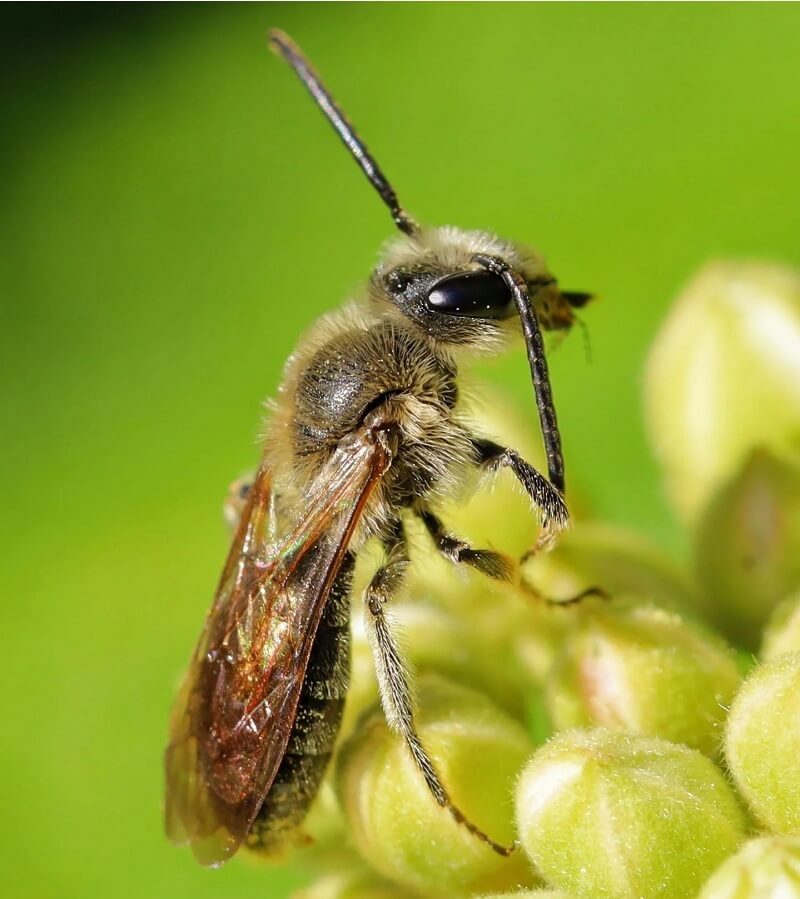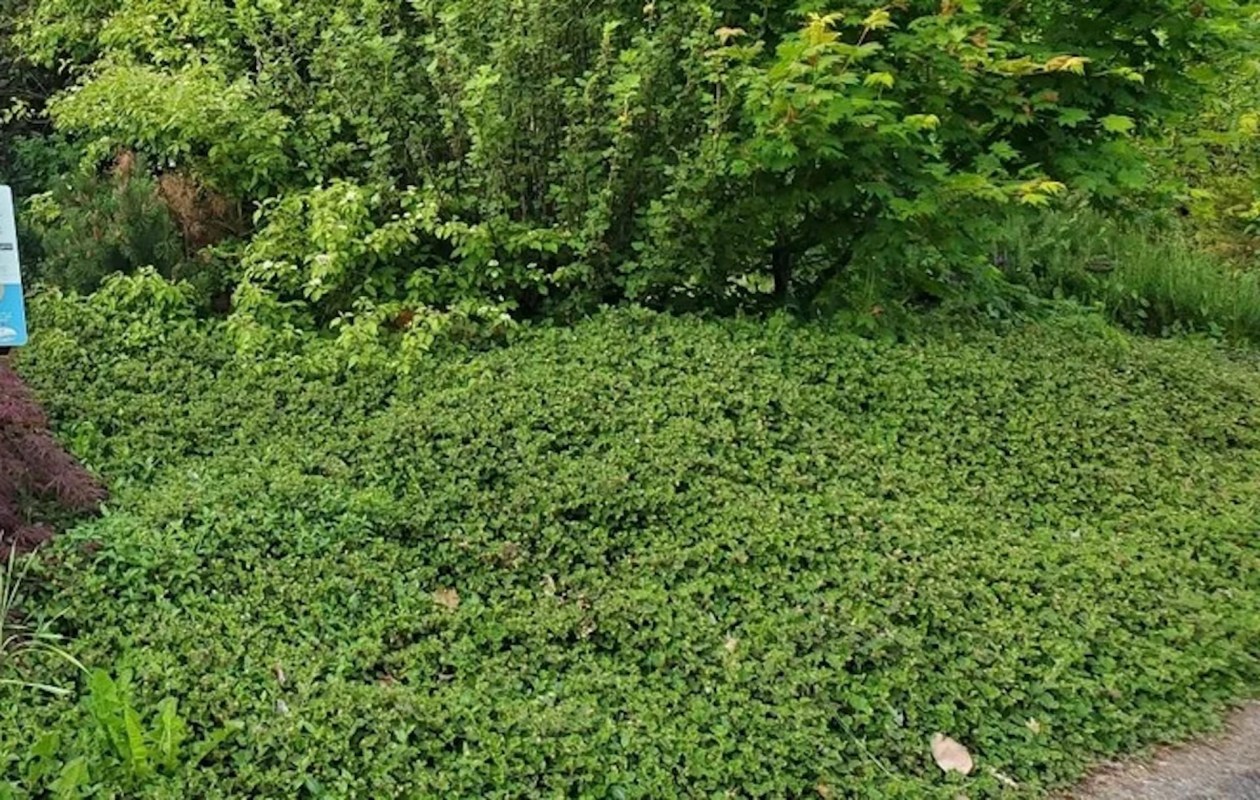Given the rise of homeowners associations in the United States, it's sometimes rare to see a homeowner making exciting landscaping choices. But with support from a neighborhood program, one Redditor created a beautiful and lush rain garden.
A recent post shared to r/f***lawns shows several photos of an incredible lawn project. The first photo shows a beautiful rain garden, and the second shows a sign that was installed to teach passersby what a rain garden is and how they are beneficial.


The poster shared, "My suburban city of Kirkland recognized … the incredible amount of rain we receive. So they planted rain gardens in four front yards, free to the homeowners as long as they agreed to upkeep them."
The final photos in the post are macro shots of two species of native bees. The poster rightly said, "If you want native bees, you need native plants." The informative sign explains that rain gardens "absorb rainwater runoff; filter oil, grease, and toxic materials; replenish groundwater; and provide wildlife habitat."
Rain gardens are a great way to help your local ecosystem, especially if your yard is prone to flooding.
Reports from NOAA demonstrate that rain gardens can absorb 30% to 40% more water than a typical lawn. Rain gardens are typically designed with native plants, often having deeper roots that draw water down into the soil. Rain gardens and green roofs are two ways to modify your home that can help prevent your property from flooding in rain storms.
Watch now: The most sustainable thing about the new Rivian? Its price tag
Solutions like this are not cheap, but the long-term benefits may be worth the investment. Plus, as the Reddit poster says, more native plants in your yard attract more native species, including bees. Rain gardens, xeriscaping, and clover are all great options to save you time and money on yard maintenance.
Folks in the comments were very supportive of this type of yard and impressed with the town's efforts to help. One Redditor said, "Your yard is amazing. I know your bees are happy."
Another poster wrote, "HELL YA. F*** HOAs that block this kind of development."
Join our free newsletter for easy tips to save more, waste less, and help yourself while helping the planet.
TCD Picks » Upway Spotlight















